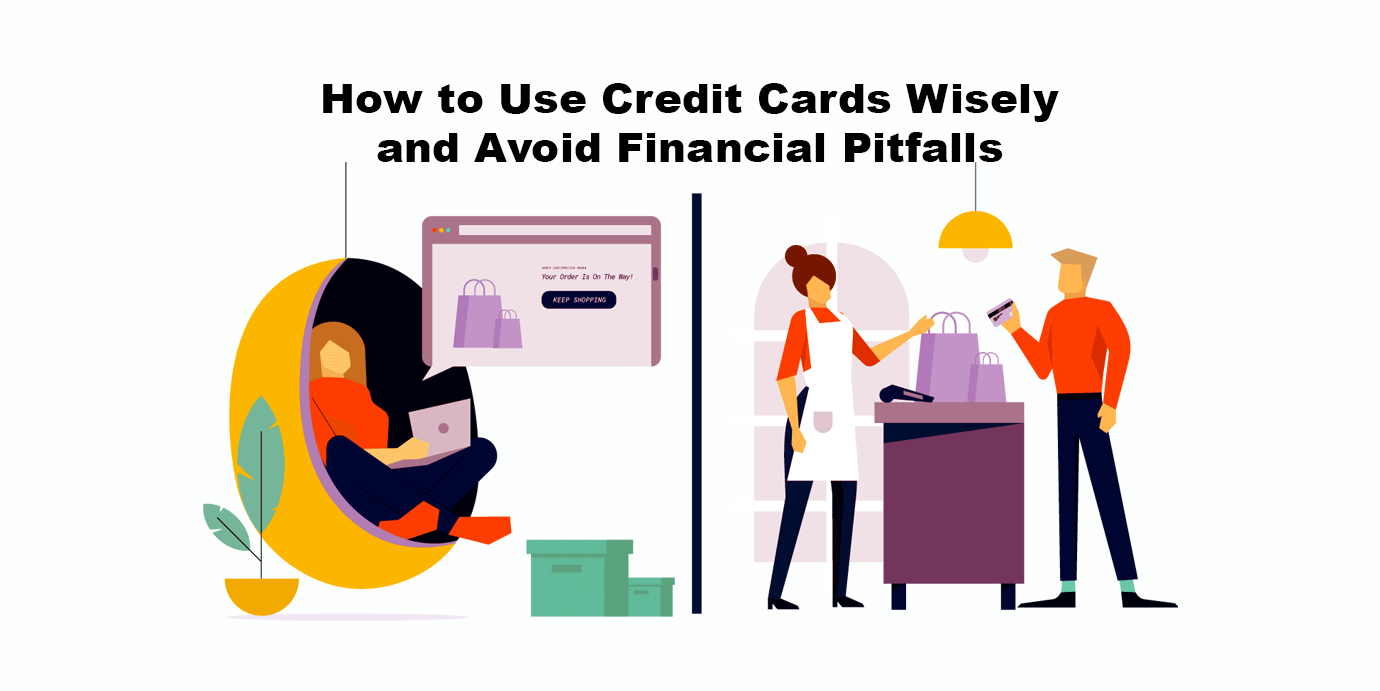
Credit cards can be powerful financial tools when used wisely, offering convenience, rewards, and the ability to build a positive credit history. However, they also come with potential pitfalls that can lead to financial troubles if not navigated carefully. In this blog post, we’ll explore some common credit card pitfalls and provide valuable insights on how to avoid them.
- Excessive Credit Card Debt:
One of the most prevalent pitfalls is accumulating excessive credit card debt. It’s easy to fall into the trap of making only the minimum payments, resulting in mounting interest charges and a never-ending cycle of debt. To avoid this, set a budget and only charge what you can afford to pay off in full each month. Prioritize paying off high-interest balances first to save money in the long run.
- Late Payments:
Late payments can have a detrimental impact on your credit score and result in hefty late fees. Set up automatic payments or reminders to ensure you pay your bills on time. Consider enrolling in electronic statements to receive alerts and monitor your accounts regularly to catch any discrepancies or issues promptly.
- Ignoring the Fine Print:
Credit card agreements are often filled with complex terms and conditions. Ignoring the fine print can lead to unexpected fees, interest rate hikes, or other unfavorable conditions. Take the time to read and understand your credit card agreement thoroughly. Pay attention to details such as annual fees, interest rates, and penalty charges.
- Maxing Out Your Credit Limit:
Maxing out your credit card limit can negatively impact your credit score and increase your credit utilization ratio. Aim to keep your credit utilization below 30% to maintain a healthy credit profile. If possible, pay off your balance multiple times throughout the month to avoid reaching your credit limit.
- Falling for Impulse Purchases:
Credit cards can make it tempting to indulge in impulse purchases, leading to unnecessary debt. Before making a purchase, ask yourself if it’s a need or a want. Create a shopping list and stick to it to avoid unnecessary expenditures. Practice mindful spending and consider the long-term consequences of each purchase.
- Ignoring Your Credit Score:
Your credit score plays a crucial role in your financial well-being. Ignoring it can lead to missed opportunities for better interest rates or loan approvals. Monitor your credit score regularly, and take steps to improve it by paying bills on time, reducing debt, and addressing any errors on your credit report.
Conclusion:
Credit cards can be valuable financial tools when used responsibly, but it’s crucial to be aware of the potential pitfalls. By understanding and avoiding common credit card traps, you can harness the benefits of credit cards while maintaining your financial health. Remember to budget wisely, pay your bills on time, and stay informed about your credit terms to navigate the credit card landscape successfully.
